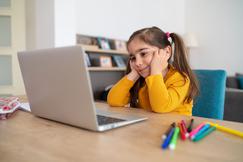From infant to toddler
Short years full of milestones
The first smile, the first word, the first fall: for parents, these experiences are burned into their memories. But in which phases exactly does the development of your child take place? We have summarised this for you in a clear and concise way.
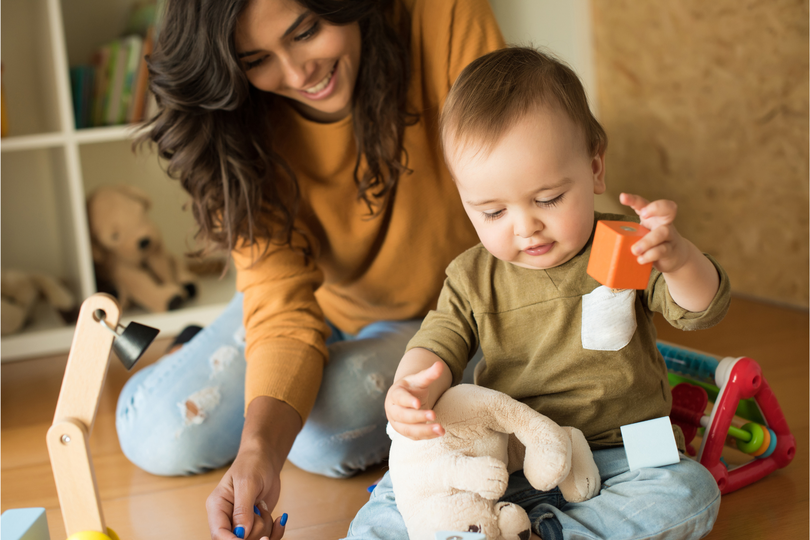
From the birth of your baby to his 1st birthday
Eating, sleeping, crying: for a long time it was thought that in the first weeks and months of your baby's life there would be no more. But your baby's senses are already active. In addition to "basic care", your baby is also dependent on closeness and caressing. He wants to hear his parents' voice, smell their familiar scent and be carried around on his arm. A lot is already happening during these first months of development:
- Your baby starts to capture faces and objects with his eyes.
- His sense organs function better and better over time.
- Your baby becomes more and more awake and lively, it recognizes its own fingers as a toy, for example.
- It begins to turn from the stomach to the back and explores everything.
- Your baby distinguishes known from unknown persons.
- It can now also eat solid food, because the Teeth begin to erupt.
- Your baby starts to "stranger" and may not remember his previously known grandma. But don't worry! It will pass quickly.
- Your baby starts to crawl and roll around the room, later it crawls too.
- Nothing is safe from him anymore and everything becomes a toy. Best of all: When it makes noise!
- The flat must be made childproof - otherwise the vase will break and the shards will be pushed into the mouth!
- Around the 12th month, the baby takes its first free Steps.
To sum up: Your baby will be more mobile and more alert. He wants to participate in life and test his new abilities.
From 1st birthday to kindergarten age
Now your baby - purely linguistically - becomes a toddler. It takes its first steps, explores more and more the space around it. And keeps the parents on tenterhooks. He wants to know everything and finds everything interesting. The focus shifts from touching to seeing. Otherwise, from the age of 1, the following happens:
- Your child's body becomes longer, the arms grow, the feet remain even smaller.
- Slowly the feeling for dimensions and distances grows.
- With the development of Language it can link the areas of seeing, thinking and Language.
- Your toddler starts playing copycat games.
- short time intervals into the future your child can already understand: He understands the connection between the doorbell and his grandpa's arrival.
- It uses tools to get to things, such as the stick to get to the doll.
- Your child becomes more independent and wants to do everything on his own: Buttoning her jacket, tying her shoes, etc. Through constant trying and examination, your child sharpens its own motor skills.
- Cutting hair and nails can become a drama: Your child thinks his hair and nails are being taken away from him - Here it helps if mum gets her hair cut first!
To sum up: You're dealing with a real person. Your child is expressing his or her wishes more clearly now.
Conclusion: The first years are eventful: For parents and child! Because the child goes through not only a physical development, but also a mental, social and spiritual development. It needs not only food, care, Protection and closeness, but also learning incentives through playing together. Good ideas can be found on our meaningful Saturday on Instagram. Soon your child will not mind being without mum and dad for a few hours and going to kindergarten.
Published on
Topics
Articles on the topic
-
How do I find a school place for my child?
Depending on the state and type of school, different things need to be...

-
Childcare - how does it work in Germany?
The path from application to daycare place is simple and complicated at...
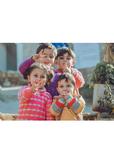
-
You don't have to be a read-aloud king or queen, but..
Reading adventures with your child are not to be missed!
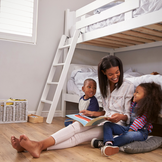
-
Corona - and then what?
How you can support your teenager with fear of the future
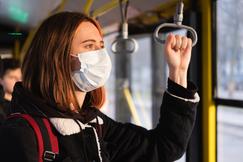
-
Good night, clichés!
"modern" books for children and young people
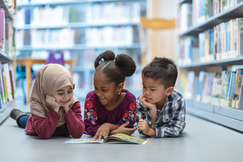
-
"You did that wrong? Very good. What can you learn from it?"
An interview about "mindful" learning and learning gaps
